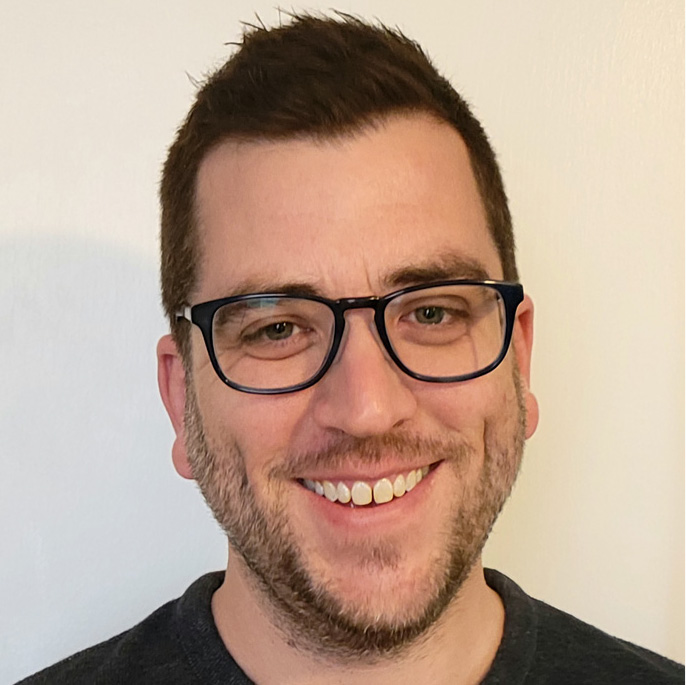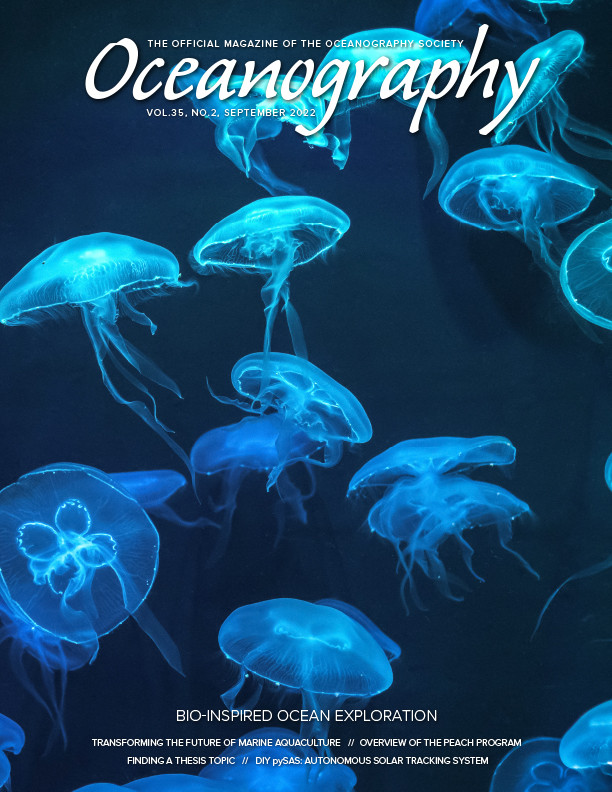Full Text
 |
PATRICK DRUPP, Deputy Legislative Director, Sierra Club
Degree: When, where, what, and what in?
I finished my bachelor’s degree in physics at Clemson University in 2006. Because I had no idea what I wanted to do, I then took a year off before ultimately moving to Hawai‘i for graduate school at the University of Hawai‘i. I completed my master’s in 2010 and my PhD in 2015, both in oceanography, specializing in marine geochemistry. My research primarily focused on the effects of climate change and ocean acidification on coral reef ecosystems.
Did you stay in academia at all, and if so, for how long?
I actually left academia before I had even finished my PhD. I initially thought I wanted an academic career, but in 2010 that started to change when I began teaching an introduction to oceanography course at the nearby community college. We covered a lot on the current state of climate change policy, and my interest in working outside of academia on climate solutions grew. I applied for a Sea Grant Knauss Fellowship and began working at NOAA in 2015. I wrote my dissertation at night and graduated part way through my fellowship year.
How did you go about searching for a job outside of the university setting?
I really didn’t know my options outside of academia, so like most marine scientists interested in policy, I was a Knauss Fellow, and spent 2015 in the NOAA Office of Education. It sometimes feels like everyone in Washington, DC, who works in marine policy was a Knauss Fellow. The program provides a great opportunity to work with a lot of other people who pursued careers outside of academia and to learn about the different opportunities that are available. It also gave me the chance to expand from the very specific focus of my dissertation to a much wider range of work related to oceanography and marine policy.
Is this the only job (post-academia) that you’ve had? If not, what else did you do?
No, I’ve had a somewhat strange, winding path to my current position. I stayed on at NOAA for several months after my fellowship; however, I was still interested in legislative policy, so I applied for the AGU Congressional Science Fellowship and spent a year (fall 2016–2017) working for Senator Jeff Merkley of Oregon on environment, energy, oceans, and climate policy. It was an amazing opportunity that included drafting legislation on moving to a 100% clean energy economy, attending staff hearings, meeting new people, and generally learning how the US Congress works.
After my fellowship ended, I (somewhat unexpectedly) spent the next two years working on multiple political campaigns. These included races for state senate and Congress during the 2018 midterms in South Carolina, and then moving to New Hampshire in 2019 as the Deputy State Director for Governor Jay Inslee’s presidential campaign. When that campaign ended, I was ready to move back to DC and got back into policy. I was fortunate enough to get a job at Sierra Club that drew on a lot of my previous experience and skills.
What is your current job? What path did you take to get there?
I am currently the Deputy Legislative Director for Climate and Clean Air at the Sierra Club, the nation’s oldest and largest grassroots environmental organization. I primarily work to advance policy in Congress and the Administration (e.g., Environmental Protection Agency, Department of Energy) to rapidly deploy clean energy, clean up air pollution, and fight climate change. The path that I took was a bit winding, but the wide range of experience, from academic research to legislative work to campaigning, has definitely helped me, and I wouldn’t change any of it.
Working at NOAA and in Congress really showed me how the government works from multiple perspectives and has been hugely helpful in my current role. Additionally, the on-the-ground campaign experience taught me how to address the issues I care about in a way that the public understands and is motivated by, which is often quite different from how those issues are discussed in DC.
I didn’t always know exactly what I wanted to do next, so I followed what I found interesting, learned new skills, and met a lot of people along the way until I got to where I am. It wasn’t always comfortable, but I’d encourage anyone looking to leave academia to take some chances and just pursue what appears interesting, even if an exact career path isn’t yet clear.
What did your oceanographic education (or academic career) give you that is useful in your current job?
While I don’t use carbonate geochemistry on a daily basis (although I love any opportunity that I get), my academic background has still been extremely useful. Learning how to find answers, think critically, and understand complicated scientific results are valuable skills in just about any setting. Although I’m not doing original research, going to the original source and being able to understand the research that is informing policy recommendations is very useful in my job. “Translating” science and technical documents into more general, public-friendly messages comes up every day.
Is there any course or other training you would have liked to have had as part of your graduate education to meet the demands of the job market?
I would definitely have taken more seminars and training in science communication. That was really becoming a priority during my time in grad school, and unfortunately, I didn’t take as much advantage of those opportunities as I should have. Although that experience can be gained over time on the job, it’s an extremely valuable skill to have in almost any non-academic job and will absolutely be something most organizations are considering when hiring. You might be a great scientific author or perfectly comfortable presenting at conferences, but talking to the general public, activists, or policymakers is entirely different. Learning how to translate complicated, often confusing, scientific work into something easily digestible is a skill that not everyone has, but every workplace will value.
Is the job satisfying? What aspects of the job do you like best/least?
I really enjoy my job and am extremely lucky to have landed where I did. It’s a good blend of policy and politics, communications, and organizing, which lets me use a lot of past experience from all of the various jobs I’ve had. Every day is different, and I get to work on a wide variety of issues with a lot of different people, which is something that I find enjoyable. I left academia because I wanted to work directly on climate change policy, and I get to do that every day, fighting to create real, meaningful change at every level of government. Obviously, we are not doing enough to protect the planet and Congress’s lack of action is frustrating on a daily basis, but working with so many dedicated people keeps me motivated even at the most challenging times.
Do you have any recommendations for new grads looking for jobs?
Grad school doesn’t usually give you a lot of information about opportunities outside of academia, so if you’re thinking of leaving, my first advice is always to talk to anyone and everyone you can find who left the field. Former Knauss Fellows are great resources and are always willing to tell you all about their experiences. Get outside your comfort zone and remember that it’s good to try new things. You don’t have to settle into a specific career immediately. Take time to learn of opportunities—because there are many—that are out there for you, and focus on meeting new people and gaining new skills and experiences in the meantime.

